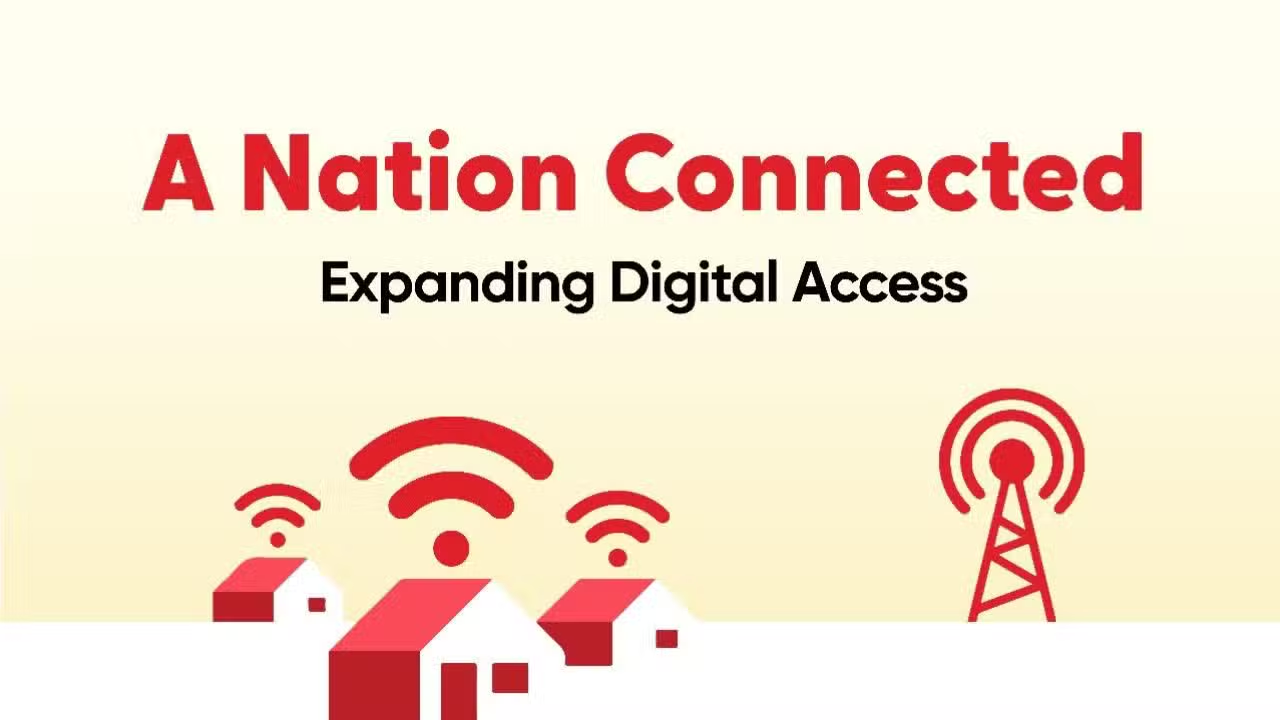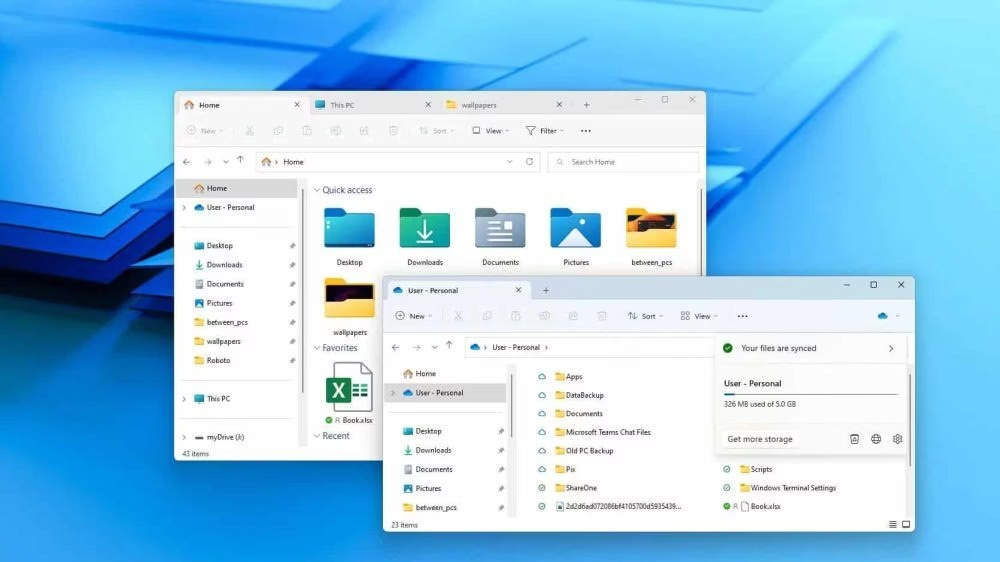Pakistan’s digital future is being shaped by strategic collaborations, and one of the most impactful has been the Jazz and USF partnership driving digital inclusion in Pakistan. Together, Jazz, the country’s leading digital operator, and the Universal Service Fund (USF) have been working tirelessly to extend high-speed connectivity to underserved and remote regions. This partnership has already transformed millions of lives, and its ongoing initiatives continue to lay the foundation for a truly connected nation.
A Long-Standing Partnership for Connectivity
The Jazz and USF partnership began in 2007, marking the start of a long journey toward bridging Pakistan’s digital divide. While progress was steady in the early years, significant acceleration came in 2018 with the introduction of the Broadband for Sustainable Development (BSD) and Next Generation BSD (NGBSD) programs. These initiatives aimed not only to extend 4G access but also to ensure reliable, future-ready networks for communities far from urban centers.
To date, Jazz has successfully completed 24 major projects under the USF program. This effort includes the rollout of 730 brand-new sites and the upgrading of 814 existing ones. As a result, more than 10.4 million people in over 4,900 previously unconnected locations now have access to 4G connectivity. This massive achievement underscores the power of collaboration in creating long-term, sustainable impact.
Extending Connectivity to Highways and Tourist Hubs
One of the standout successes of the Jazz and USF partnership driving digital inclusion in Pakistan is the expansion of connectivity along key national highways, such as M3, M4, M5, and M14. These roads serve as lifelines for trade, travel, and tourism, and improved connectivity ensures safer journeys, better logistics, and stronger economic activity.
Moreover, this digital expansion has reached Pakistan’s breathtaking tourist destinations. Iconic sites like Kumrat Valley, Katora Lake, Lake Saiful Malook, and Lulusar Lake now benefit from 4G coverage, allowing tourists to stay connected while exploring remote natural wonders. This not only enhances the visitor experience but also boosts local economies by enabling tourism-based communities to access digital marketplaces and services.
The 2025 Leap Forward
In 2025, the Jazz and USF partnership advanced to new heights with the announcement of five additional projects. These projects are set to bring digital access to nearly 1 million people living in 400 villages across 10 districts of South, Central, and North Pakistan. This expansion reflects Jazz’s commitment to leaving no one behind in the digital age and highlights the continued role of USF in enabling connectivity where commercial viability is often a challenge.
The projects also align with Pakistan’s broader vision of becoming a digitally empowered economy. By ensuring that underserved communities are connected, Jazz and USF are opening opportunities for education, healthcare, e-commerce, and financial inclusion in areas that once relied solely on traditional systems.
Voices of Leadership
Syed Zaheer Mehdi, Group Chief Corporate and Regulatory Officer at Jazz, emphasized the importance of this collaboration, stating:
Our partnership with USF is rooted in a simple belief: connectivity is empowerment. Every connection we enable opens a world of possibilities for education, healthcare, commerce, and community. At Jazz, our mission is to ensure that no one is left behind in Pakistan’s digital future, and through USF, we are bringing opportunities to lives that were once cut off from them.
Similarly, Khalid Shehzad, Chief Technology Officer at Jazz, added:
Through our collaboration with USF, Jazz continues to set new benchmarks in digital innovation, extending smarter, stronger connectivity to underserved regions and empowering Pakistan’s digital future.
These statements reflect the human-centered vision behind the Jazz and USF partnership driving digital inclusion in Pakistan.
Why Digital Inclusion Matters
Digital inclusion is no longer optional; it is essential for progress. According to the Pakistan Telecommunication Authority (PTA), the country now has over 130 million broadband subscribers, with more than 125 million mobile broadband users as of 2025. However, rural areas still lag behind in access and affordability.
By focusing on these underserved communities, the Jazz and USF partnership ensures that rural populations can participate in the digital economy. Access to online education platforms empowers students, telemedicine bridges gaps in healthcare, and digital wallets open doors for financial transactions in remote areas. Connectivity thus becomes the backbone of empowerment, driving both individual and national growth.
Towards a Digital Pakistan
The long-term vision of this collaboration is aligned with the government’s ambition of creating a Digital Pakistan. By making digital inclusion a cornerstone of development, Jazz and USF are ensuring that technology works as an equalizer, reducing disparities between urban and rural communities.
As technology continues to evolve, this partnership is expected to remain a cornerstone of Pakistan’s digital transformation. With each new project, more communities gain access to opportunities that were once unimaginable, reinforcing the role of connectivity as the foundation for progress.
The story of the Jazz and USF partnership driving digital inclusion in Pakistan is one of vision, persistence, and impact. From expanding connectivity to highways and tourist spots to enabling millions in rural villages, the collaboration is reshaping the digital landscape of the country. With new projects underway in 2025, this journey of empowerment continues, bringing Pakistan closer to a future where connectivity is not a privilege but a basic right for every citizen.



